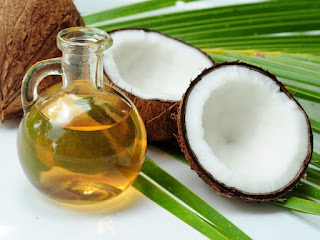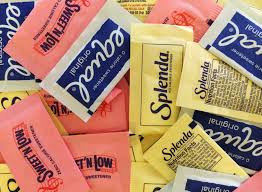The Gut-Brain Connection: How To Feed Your Brain

If there was ever a call for "digestive health," this is it! Yes, it's true. Your gut is considered your "second brain." There is no denying it anymore. And because of the new scientific discoveries about the vagus nerve, the enteric nervous system, and the amazing influence your gut microbes can have, it's no wonder what you eat feeds not only your body but can directly affect your brain. I find it amazing (but not too surprising). What exactly is the "gut-brain connection." Well, it’s very complex, and to be honest, we’re still learning lots about it! There seem to be multiple things working together. Things like: ● The vagus nerve that links the gut directly to the brain; ● ● The “enteric nervous system” (A.K.A. “second brain) that helps the complex intricacies of digestion flow with little to no involvement from the actual brain; ● ● The massive amount of neurotransmitters produced by the gu...


